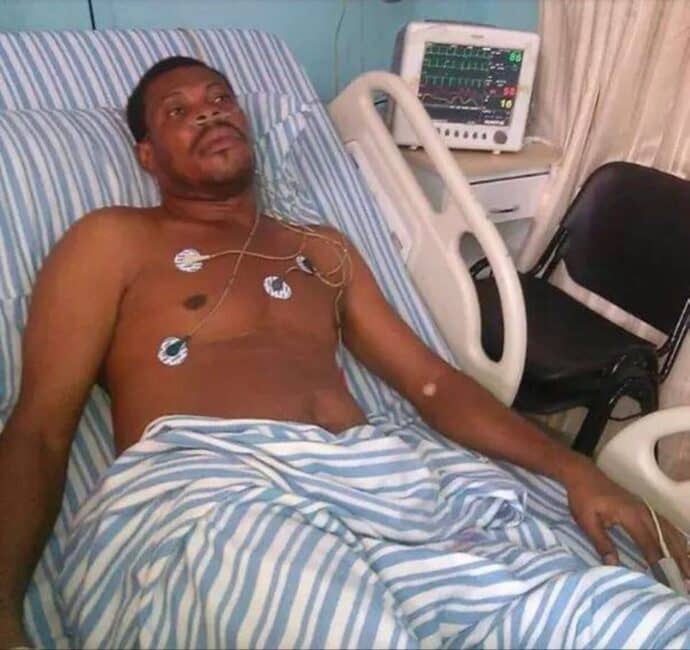A Japanese startup, SORA Technology, is set to introduce an innovative approach that utilises drones and artificial intelligence (AI) to efficiently identify and target mosquito breeding sites.
The first phase of the project, to be funded by the Japan International Cooperation Agency (JICA), is scheduled to start in the country from this August to March of next year. Drones equipped with cameras and sensors will survey areas, capturing images and environmental data such as water temperature and vegetation.
Using AI algorithms, the drones will map out and treat stagnant water bodies with eco-friendly larvicides, effectively reducing the mosquito population. The data will be analysed to pinpoint which water bodies are likely to contain mosquito larvae, allowing for targeted spraying.
In addition, operational research will be conducted to assess the cost-effectiveness and impact of the technology, with the aim of reducing malaria cases. This initiative seeks to improve the efficacy of malaria control efforts, minimise human exposure to chemicals, reduce costs, and enhance the effectiveness of malaria prevention measures.
Event
This came to light during a media tour organised by the Japanese Embassy to showcase three Japanese-sponsored projects in Tema and Accra. The projects are the Improvement of the Tema Motorway Roundabout (Phase 2), the SORA Technology startup and TranSonica Company Limited.
The embassy said the projects reflected Japan’s commitment to contributing to the country’s socio-economic development.
Commitment
The Deputy Country Director of JICA Ghana, Oda Ryotaro, reiterated the commitment of Japan to foster sustainable development and technological advancement in the country. He said that with over six decades of operation in the country, JICA’s aim was to promote sustainable and stable economic growth.
“As JICA continues to invest in these key areas, the collaborative efforts promise to drive sustainable growth and prosperity for the country, building on a legacy of partnership that spans more than six decades,” he added.
Traditional method
The head of African Business at SORA Technology, Mary Yeboah Asantewaa, said the project was to improve traditional larval source management efforts, which involved identifying water bodies serving as mosquito breeding grounds and treating them with larvicide.
“Traditionally, this method involves extensive manual labour to identify and treat water bodies, making it costly and labour-intensive,” she added. The project, Ms Asantewaa said, would not only enhance accuracy, but also reduce the time and labour required.
“By using drones, we can achieve a 40 per cent cost reduction compared to traditional methods, while also decreasing malaria incidence,” she said. Ms Asantewa said the initial phase would involve collaboration with the National Malaria Elimination Programme and several key research institutions, adding that “The exact districts for implementation are yet to be finalised, pending approval from relevant authorities”.
She added that the project aimed to support the global goal of eliminating malaria by 2030.
Completion
The Assistant Resident Supervisor of CTI Engineering International Co Ltd and Consultant at the Project for Improvement of Tema Motorway Roundabout (Phase 2), Yaw Tenkorang Osei, said the project would open to the public in November, with full completion expected by December this year.
“Once completed, the project is expected to enhance traffic flow, reduce congestion, and improve safety standards,” he added. The Chief Executive Officer and Founder of TranSonica, Daniel Elliot Kwantwi Daniel, said that the payment card system, inspired by Japan’s Suica card, was now operational at the University of Ghana.
The system, he said, aimed to streamline seamless and secure transactions and also reduce inefficiencies in the university’s transportation system through installing machines in buses to facilitate cashless payments.
“So, we secured grant funding from JICA that we used to start the business here. And currently, we have about 13,000 cardholders,” he added. He expressed the hope to expand the cashless payment system beyond the university to other universities and also to the broader Ghanaian market.
Source: Graphic







